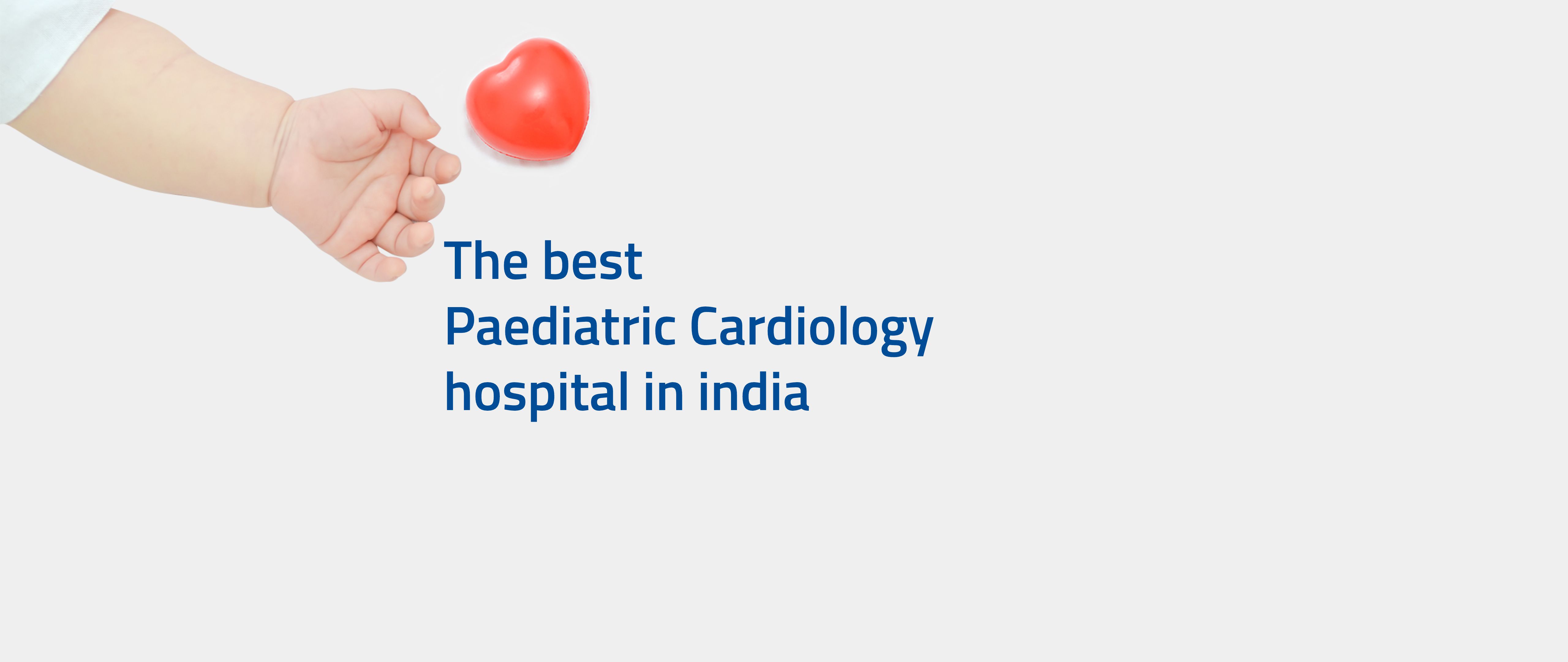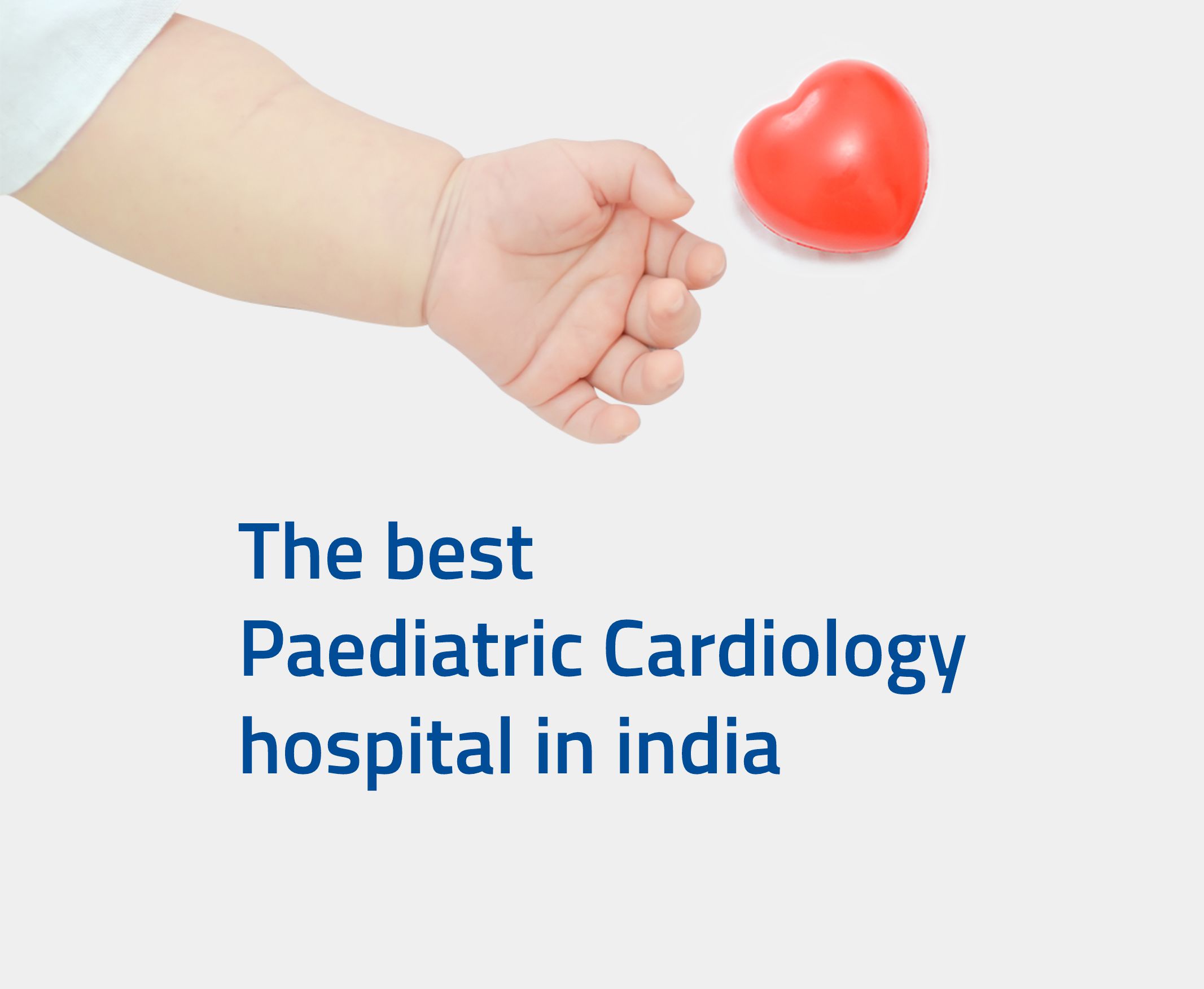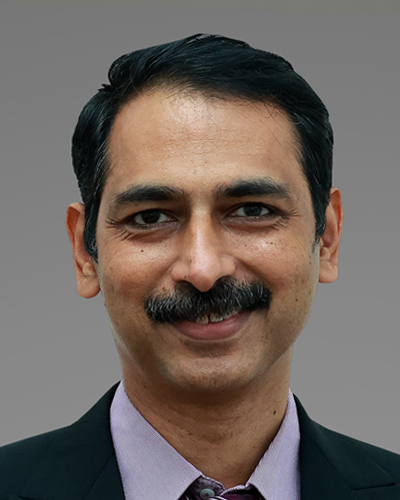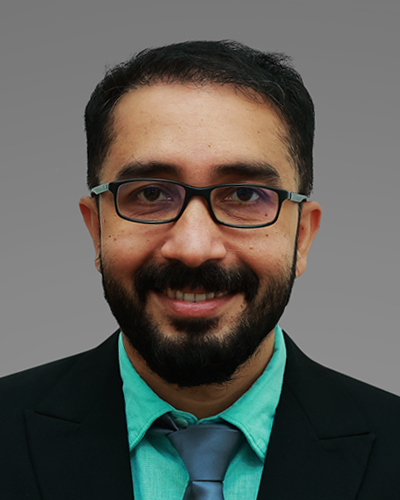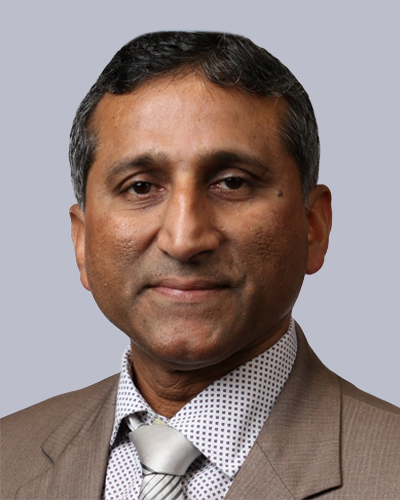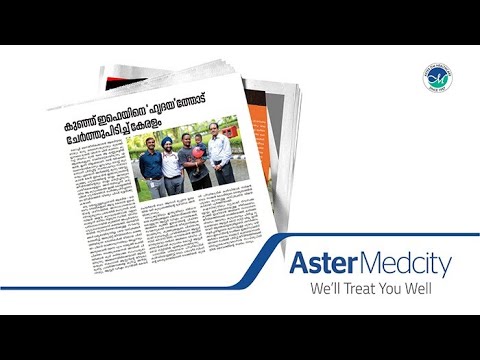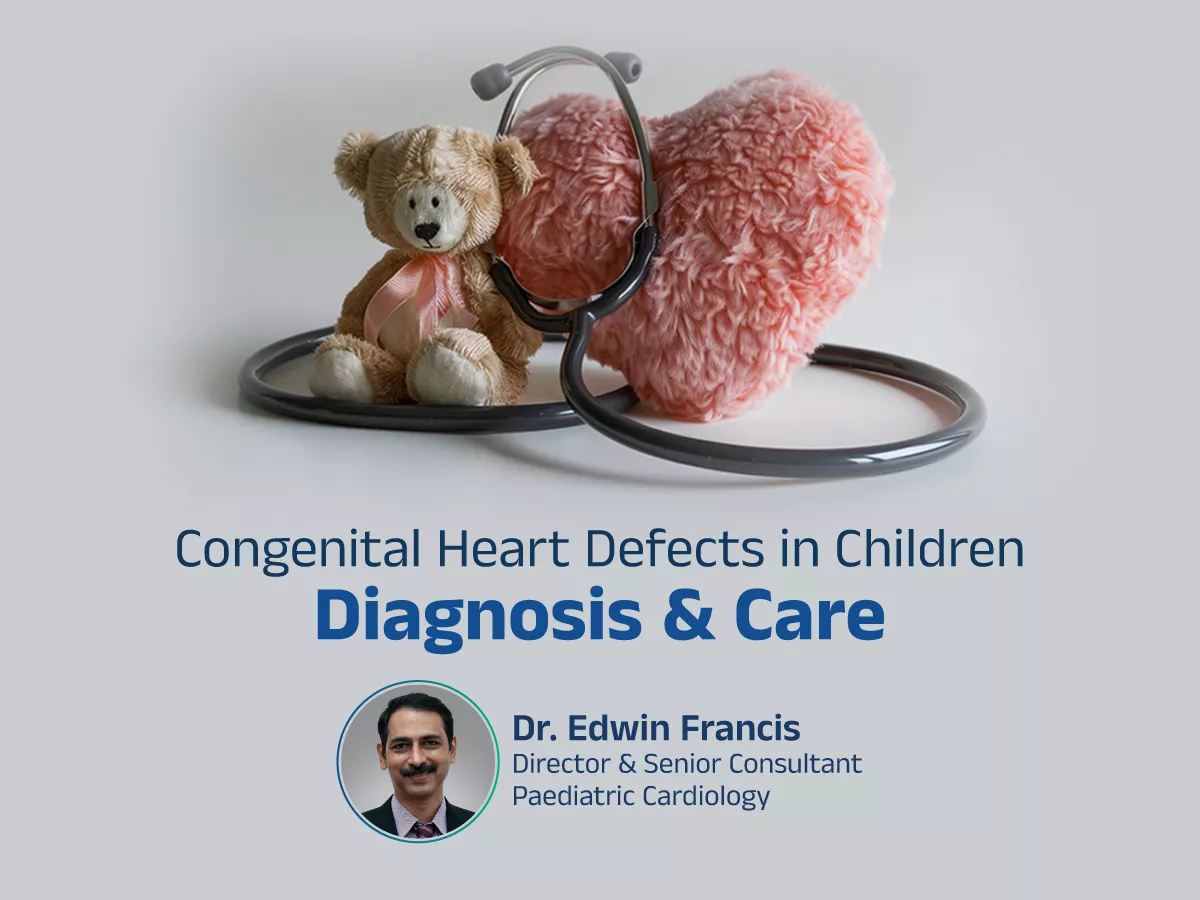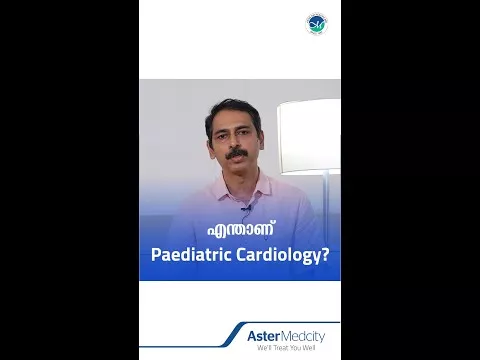After its official establishment in early 2014, the division of Pediatric Cardiology has now resurrected in October 2022 under the directorship of Dr Edwin Francis who has proved his mettle in the field over the last two decades. With the prospect of making the department a center of excellence for pediatric cardiology, the team provides comprehensive care to all patients. With an exclusively dedicated cardiac catheterization lab, we are ready 24/7 to accept cases of any complexity for treatment. Complete spectrum of pediatric and adult congenital diagnostic and interventional procedures including ASD/VSD/PDA device closure (including PDA device closure in preterm and low birth weight), PDA stenting, Coarctation stenting, Balloon valvotomy, balloon atrial septostomy, transcatheter valve implantation, pulmonary artery stenting, paravalvular leak closure, etc. are done with excellent outcomes. The department also is the only center in Kerala with a record of doing trans-catheter closure of Sinus venosus ASDs which till now was the surgeon’s forte.
Our Services
- ASD/VSD/PDA device closure
- PDA stenting
- Coarctation stenting
- Balloon valvotomy
- Balloon atrial septostomy
- Para-valvular leak closure
- Transcatheter valve implantation
- Transcatheter closure of sinus venosus ASD
- Pediatric electrophysiology and arrhythmia services
- Pediatric pacemaker & ICD implantation and management
- Fetal cardiology unit - diagnosis and management of fetus with arrhythmia and congenital heart defects
- Comprehensive care for pregnancy complicated by CHD/PAN
Our Doctors
We have some of the best specialists from around the world, they bring years of experience and offer evidence-based treatment to ensure the best care for you.
Advanced Technology & Facilities
Well equipped with the latest medical equipment, modern technology & infrastructure, Aster Hospital is one of the best hospitals in India.
- Dedicated modern operating theatres.
- Dedicated digital catheterization lab with ECHO Navigation
- Electrophysiology lab-3D mapping, RF ablation.
- Echocardiography lab – 2D and 3D ECHO, Trans-esophageal ECHO.
- Advanced Fetal Heart Unit
- Adult Congenital Heart Disease Unit
- Pulmonary artery hypertension clinic
- BMU 40-blood monitoring unit, to enhance safety of complex surgeries during cardiopulmonary bypass (second installation in India).
- NIRS- Near Infra-Red Spectroscopy for advanced intraoperative brain monitoring to provide superior neurological outcomes in complex surgeries.
- ICE (Intra cardiac echocardiography)
- Exclusive pediatric cardiac ICU
- ECMO
- Cardiac CT and MRI
FAQs
Want to find out more about the treatment? The answer to your questions can be found below.
What are the common heart conditions in children?
The most common heart conditions in children include:
- Congenital heart defects
- Cardiac arrhythmias
- Acquired heart diseases
Patient Stories
Our patients are our best advocates, hear the inspiring stories of their treatment journey
Blogs
The source of trustworthy health and medical information. Through this section, we provide research-based health information, and all that is happening in Aster Hospital.
